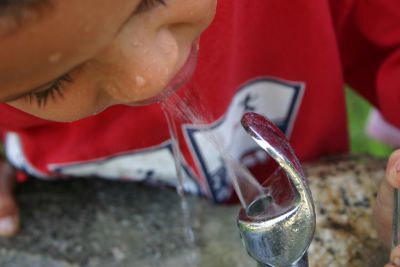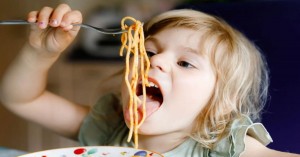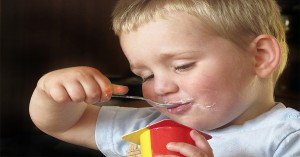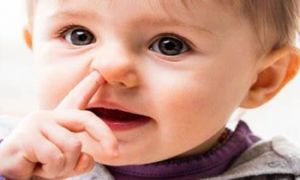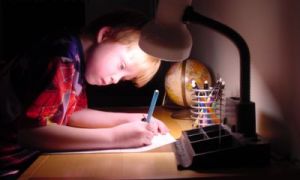In hot weather it can be very easy for physically active children to suffer from dehydration, heat exhaustion, or even heat stroke. A physically active child can be described as a child who participates in at least an hour of high intensity physical activity every day. Some examples of high intensity activity include team sports such as soccer, football or netball, swimming training, running or tennis.
It is known that children do not stop to drink as much as adults do and are likely to only stop when they are quite thirsty. At this stage it is likely that children are already mildly dehydrated.
What is the best thing to drink?
- Water should always be the first choice of fluid. Children should be encouraged to keep a water bottle with them at all times and to stop regularly during activity to re-hydrate.
- Drinks that also contain some carbohydrate and extra salts such as sports drinks may have a small additional benefit over water for children engaged in high intensity activity of over an hour's duration, more than once each week.
- During hot weather, and during high intensity exercise, a good option would be for children to have both chilled water and sports drink on hand to encourage rehydration.
When choosing sports drinks, be aware that some "energy" type drinks may also contain other additives such as caffeine. These are not suitable for children.
How much to drink?
It is somewhat difficult to accurately estimate how much fluid an active child requires on any one day. This is due to variations in the intensity of exercise and the weather.
- A child aged under 10 years will require about 200mls of fluid prior to starting activity and at least 100mls for every 20 mins they are involved in physical activity. This is equal to ~ a 300ml bottle of water or sports drink per hour.
- Children aged 10 years and above will need double this volume of fluid to keep adequately hydrated.
Remember
Active children should be encouraged to drink regularly to make sure they do not feel thirsty. Regular drink breaks during activity are therefore vital.
References
Aussie Childcare Network acknowledges the co-operation of The Children’s Hospital at Westmead, Sydney Children’s Hospital and Kaleidoscope, Hunter Children’s Health Network in making this fact sheet available.
Disclaimer: This article is for education purposes only. Please consult with your doctor or other health professional to make sure this information is right for your child.


